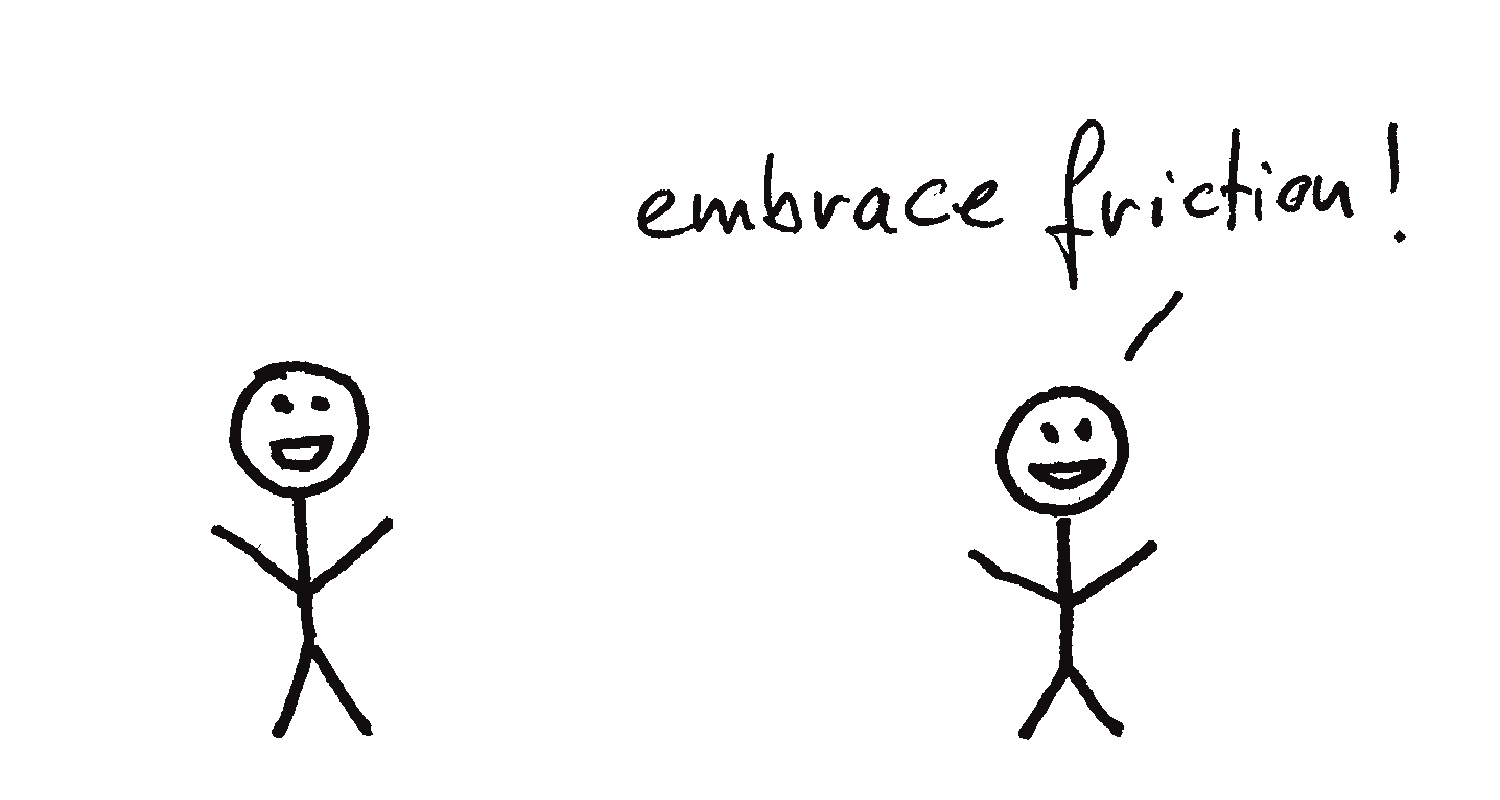
see also: @smallpatatas@gotosocial.patatas.ca
- 2 Posts
- 16 Comments


I’ll be honest, I have zero sympathy for any landlord here. Rent control is necessary to (hopefully) make sure there is housing that people can afford to live in - and acts as a kind of limit to the extraction of an ever-increasing portion of the paychecks of the working class by the landlord class.
If the renter loses the ability to pay for a home, they become homeless. If a landlord loses the ability to pay for a property, they become a renter. Economic conditions changed? How about this: these landlords should sell, and make property prices drop a little, instead of having renters getting kicked onto the street.


Thanks, yeah admittedly I hadn’t read the entire article before posting - and quickly realized the answer to my question when I did! I should really know better than to do that :)
Anyway, maybe the question I should have asked is more like, “why the heck did they give arbitrators so much latitude” - which it sounds like we agree on!


Ok yeah that’s super interesting, and maybe kinda sums up the whole thing: the devs make tech that reduces the opportunity for thought and engagement, and that frictionless experience results in worse outcomes for users, but better outcomes for profits.
And yet, paradoxically, there are probably plenty more folks like yourself that would prefer to use a different kind of app!


I mean, I was lucky to find a life-partner before dating apps were the default, so I’m going to be speaking a little out of turn here.
But I’d imagine that if those apps were a little more friction-y - like, if people weren’t using an almost literally frictionless swipe left and right, but instead were encouraged by the interface to learn something about a person first, or, say, had to click reasons why they were swiping left or right - that it would be easier to make meaningful connections. You’d be designing in self-reflection and curiosity.
And sure, you might turn away some users by doing that - but what if that’s actually a good thing?


I think there’s a bit of irony in that the most ‘frictionless’ (and dehumanizing) way to interact on Lemmy might be to hit the downvote button. It’s the thing that rewards the knee-jerk, un-considered reaction.
In a way, the downvote button is the thing that perfectly expresses the demand that one’s experience confirm to pre-conceived notions of comfort - without having to face a response from the person being downvoted - and denies the downvoter the potential for growth.
I like this essay too :)

 English
English- •
- designingfriction.com
- •
- 3M
- •


Not to mention that their napkin math is wrong by a factor of 12